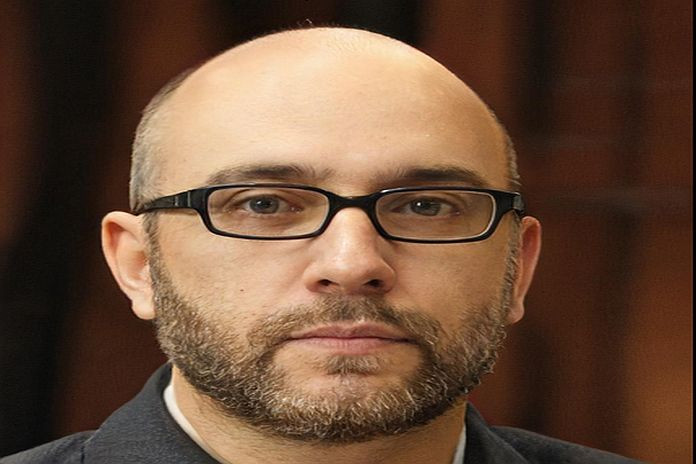By Atle Pearson
Every day, our mentality becomes more convoluted and twisted. We are all like exact copies of one another, toast with fruit mash. Put a lovely veil over the biting bitterness.
It is the pinnacle of civilization’s crisis. It is incorporating morals. The venomous sting of this dualism is biting our society and state. Our values, ethics, and ideals are moving in the wrong direction. People from a variety of professions, besides politicians, social reformers, educators, writers, doctors, and cultural workers, are developing dualistic ethical standards.
Many actors had doubts about their sincerity. Many philosophers did not act upon the ideas they held. That inclination is shared by many scientists. With time, this pattern has become increasingly evident. We have reached the pinnacle of civilization. Our lifestyle has been lavish. Consumption has risen. Compared to abandonment, competition for adoption has increased. At all costs, we want nothing to give except what we can receive.
The double standard treatment is one of our biggest issues. I don’t act or speak as I would like to. I never again consider what I say or do. They are neither stupid nor cunning opportunists who shamelessly ignore my presence for their own convenience, but rather people who live in this dualism. This advantage comes in many forms. government, social, political, and financial. We have long been utilizing these advantages. doing still.
The rights of the individual are considered to be the most significant human rights in the eyes of Western supporters. Freedom of expression and the right to vote are frequently presented as the safeguards that protect the individual from the tyranny of the state.
Let’s say I pass a family of hungry street people clothed in rags and I ask them, “What do you need most?” What will they say in response? Everybody with a sense of logic understands that they will respond with. “We need a roof over our heads. We are covered with clothing. On the table is food. The phrase “We need political rights – freedom of speech and the right to choose our leader” won’t be used by them.
Advocates of Western human rights will rapidly lose sight of the value of the individual when faced with this conundrum. They will say, “This analogy is oversimplified.” Only by exercising collective political rights can a huge number of individuals effect social change.
Housing, clothing, and food can only be provided for the masses once their political rights have been secured. That or an equivalent phrase.
It is simple to show that this is also a fallacious argument. Millions of people live in vast cardboard slumdog shanty communities that surround many of India’s main cities. They don’t all have decent homes. They are hungry and many of them are clad in tatters. Since India is a Western-style democracy and these individuals have Western-style political rights, Western logic dictates that they must enjoy living in these circumstances. So, if they didn’t like living in this way, they could merely “vote for something else” with their votes.
A harsh truth lies beneath this thinking. Numerous issues are up for election, but prosperity is not one of them. Marking an X in a box won’t bring you wealth. Behind this fact, however, lies a far more sobering reality – one that is usually disregarded by Western proponents of liberty, democracy, and human rights. In the entire history of the world, there has never been a single instance of a developing nation that became a democracy in the Western tradition and then went on to experience prosperity and success.
For example, the US suddenly became aware that human rights were being abused in some developing countries like Bangladesh and that democracy was not operating as it should.
If the answer is no, and the US was fully aware that there were indeed violations occurring in this nation from the beginning, why did the US authorities choose to turn a blind eye and refrain from warning the Bangladeshi government earlier that continued disregard or violations of these rights would result in consequences? On the other side, the US could be charged with involvement if they were aware of these events and did nothing about them. The question of why this diplomatic snub suddenly arises is only natural. Is it truly intended to help Bangladesh achieve democracy and human rights, or is there another purpose at play?





